Truth & Goodness
Sickles, Hammers, and Dollars: The Capitalist Miracle of “Red” Vietnam
01 March 2026
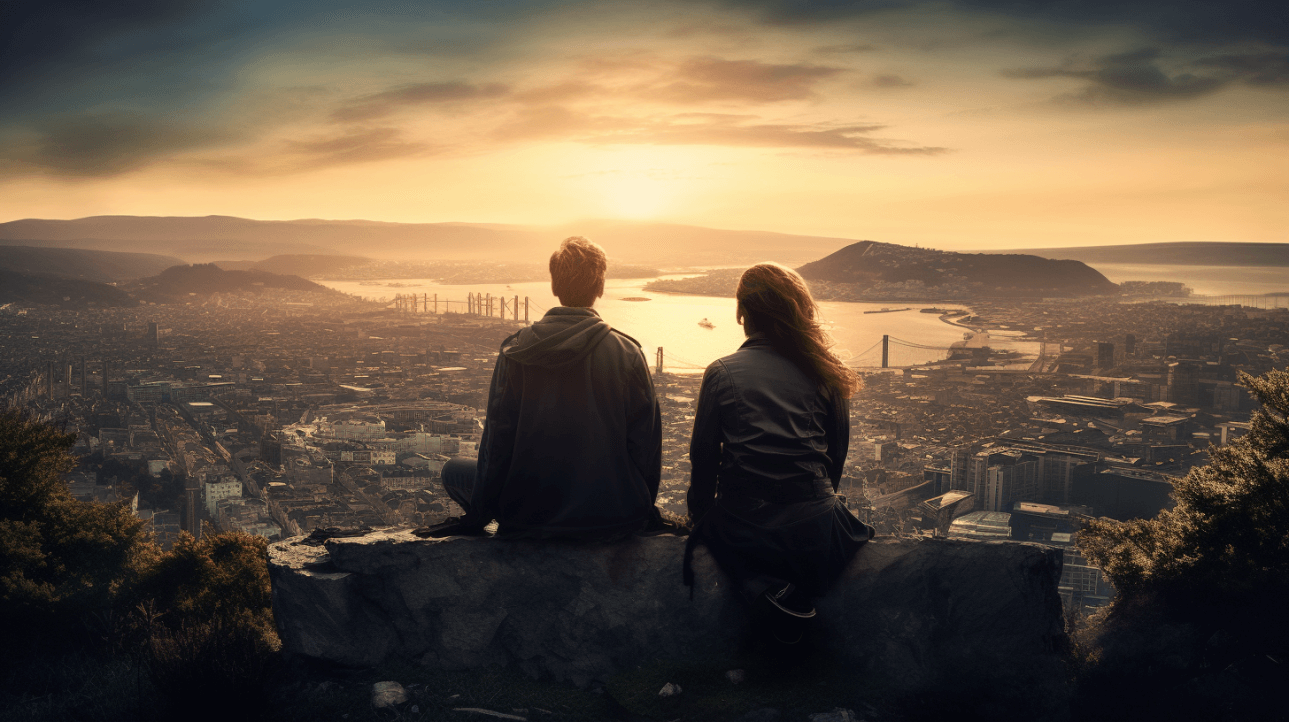
I've often heard that anyone would spend the rest of their life traveling if they were in my place. Perhaps this would make sense if each day of travel had dimensions similar to my ordinary, average day. In my experience, however, each day brings new thoughts and ideas and a fresh perspective on the world, transforming me into a new being.
The most fascinating journeys take place within. I don’t need a change of place, environment, or culture to be myself and feel the constant need to bring forth a new existence.
Still, I wondered whether a new place would inspire deeper reflections or lead to fresh understanding of ideas that spring to mind every day.
After much hesitation, I decided to move somewhere, if only to prove how futile that pursuit might be.
Among many travel ideas, I settled on a round-the-world flight, which seemed interesting for two reasons. First, it set a consistent direction and format, and second, it offered the possibility of choosing diverse and intriguing destinations.
Due to my “busy schedule”, I dedicated two weeks to this endeavor—a relatively short time for exploration, sightseeing, and experiencing. But time isn’t paramount when a journey’s ultimate purpose is conversing with oneself and daily discoveries in a new environment.
My journey resembled hopping from one stepping stone to another across a rushing stream. First Dubai then Tokyo, Hawaii, and Seattle before landing back in Kraków. Drifting across different time zones, I endured continuous jet lag and perpetual sleeplessness.
The purpose of the journey was to converse with oneself.
During the journey, what proved most surprising was the worldwide uniformity of civilization and culture. I thought such distant places would contrast intensely, giving rise to new, intriguing, and colorful thoughts. All these cities, however, were almost buried under a uniform urban landscape, asphalt, and fast-food chains. Fortunately my thoughts remained free.
In Dubai, I felt like I was in Los Angeles, though unlike in LA passport control didn’t treat me like a potential criminal and on the streets I didn’t encounter a single homeless person. Dubai is a car city, a massive hotel.
In any European city, we encounter someone at a bus stop, heartbroken over lost love, or observe kids going to school while locals gossip in nearby restaurants about neighbors, romances, business, and politics. In Dubai, however, such phenomena are absent. Its atmosphere is like a train station, restaurant, or shopping mall.
In such places where short-term stays dominate, there’s no sense of cultural roots. People’s faces express transience, resulting in little sense of belonging. And what I find most beautiful about travel is immersing myself in the local community, feeling their distinctiveness, drawing energy from the place.
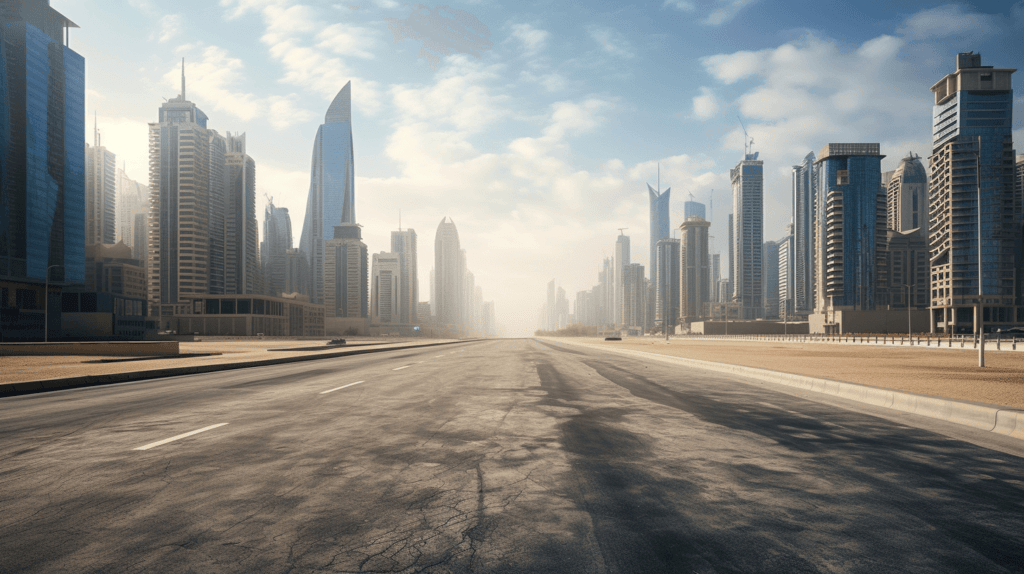
I had one pleasant evening in the Mandarin Hotel’s Portuguese restaurant. The chefs certainly cook exceptionally well, with the quality of dishes served higher than many places in Lisbon. Yet that confirmed what I’d been thinking. Two days in Dubai were just right and it wasn’t as bad as Las Vegas, where I’d beat my retreat after a few hours of walking the streets.
The next destination was a real city, fortunately. Tokyo’s urban fabric is just over a century old. Here and there, like a cherry atop the cupcake, you come across old temples and palaces that don’t correspond to the city’s bustling streets and appear like foreign bodies, entirely unassimilated in their surroundings. I entered straight from the concrete jungle, unprepared, like a jump cut in a film.
Consolingly, in Kaikaya by the Sea, a small restaurant in the famous Shibuya district, living local life, I could breathe young Tokyo’s atmosphere. Each small gesture among numerous young folks there, their laughter and constant buzz in the chaotic decor, with walls plastered in events from recent years, provided an excellent backdrop for simple, fantastic local dishes.
Tokyo boasts many avant-garde buildings and urban solutions, and among them the interior of the Aman Hotel deserves attention, where I stayed. From my thirty-eighth floor room, demolition work was happening on a lot across the street. Dozens of machines, excavators, cranes, water tenders, and dump trucks crowded about so even a broom couldn’t fit in. They wriggled all night like an anthill. Within a decade, their operators may be replaced by robots.
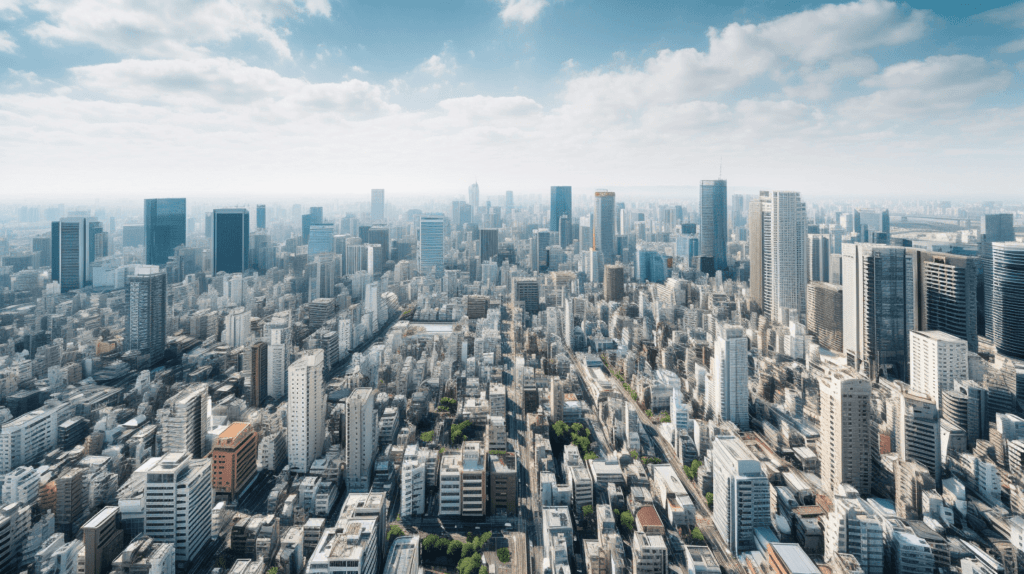
The next day I went on a long walk. With the lack of parks and social spaces, I wondered how I’d feel as a dad pushing a stroller along the concrete sidewalk. The city space, as far as the eye could see, was filled with concrete, indifferent and motionless. Yet Tokyo pulsated with diversity, shimmering with the colors of moods, seething with the dynamics of personalities. While walking, I felt its lifestyle to be so welcoming I could touch, smell, and embrace it with my thoughts as if a gateway offered access to this community. It would be good to return for Eroica Japan or an educational conference. Nearness to people is the best way of exploring the world.
While in Dubai, I’d felt lost in emptiness. It made me tconsider how poorly the world’s money is allocated. Into the ugliest industry in the world. What value and stability does tourism really offer?
Instead, we could build vast scientific potential, universities, and academic towns with cultural, artistic, and sports infrastructures. This would attract elite students and professors from all over the world, to replace top chefs and hoteliers. Massive migration of scholars during the Second World War marked a new development era for the US, a country now at such a high level of scientific and technical thinking.
Education’s investment potential and the power of students provided with ideal conditions and unlimited budgets can generate a cultural community, rather than the random gathering of strangers as the case is currently in Dubai.
Unifying the world in terms of infrastructure, communication, and I hope, above all, in respect to human rights and humanism, is our future and hope. Endemic or cosmopolitan species of animals and plants disappearing or the decline of carpenters, blacksmiths, and caskmakers need not be a grave concern.
We’ve long since shed our fur and brushing our teeth doesn’t startle anyone. We don’t need to be inspired by Buddhist monks or shamans in the Amazon. Each of us has much to discover within.
Our concern should be what influences the fate of the world we dwell in. Since the outset of our existence on this planet, we’ve been subjected to indoctrination. Schools instill a culture of submission and mindless response, wherever you look on a global scale. School learning teaches blind approval of a leader, who is both teacher and indisputable authority we can’t resist regardless of who they may in fact be. This drills us in patterns of absolute obedience.
Flying from Tokyo to Hawaii, I watched another movie. In Lehrezimmer, during a math lesson, the teacher instills habits in kids resembling the totalitarian ritual of nodding to North Korea’s leader.
No reviewer pays attention to how the teaching style aligns with the school’s power structure. No one’s aware of their rights, for the course of each lesson deepens isolation and helplessness.
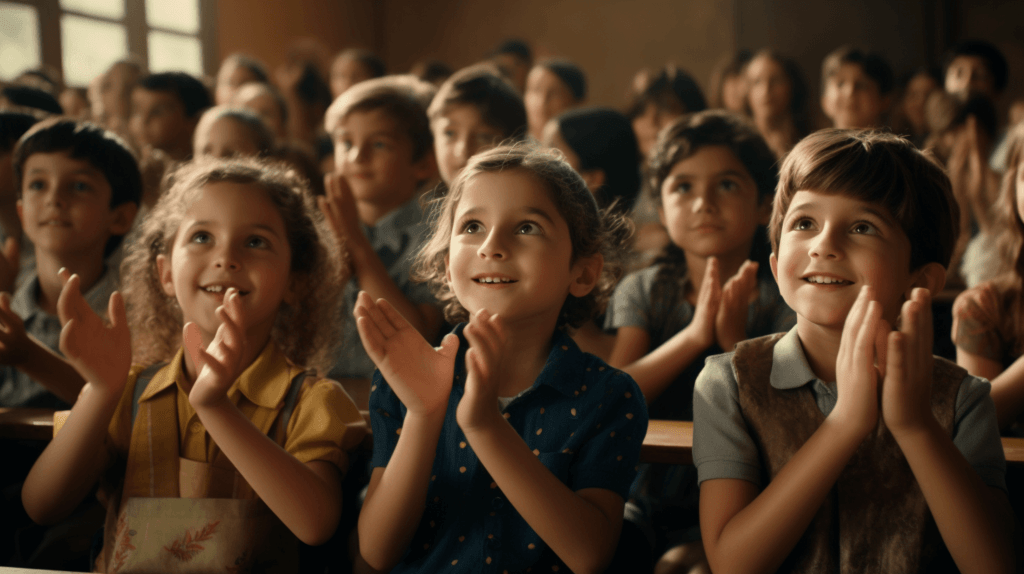
A good paradigm of social coexistence requires rhythm, style, a culture of being, and adherence to norms governing a harmonious society. In early development, we should focus on discovering our own “sel”, our uniqueness, and our individuality. This holds utmost significance in childhood, that period we’ll return throughout our lives, drawing on memories but also experiencing suffering and trauma. When mindless obedience is instilled in us from the beginning of our education, therefore, this leads to a lack of respect and understanding for individuality, it irreparably ruins a fundamental aspect of our being. This leads directly to nationalism.
Upon returning from my trip, exhausted from jet lag, I couldn’t resist spending an hour exercising in my small home gym. I always listen to favorite albums but often struggle to choose the right musical atmosphere that aligns on a given day with my spiritual energy.
This time, I had no doubt. After many years of not listening to Pink Floyd, I played Wish You Were Here. Subconsciously, I felt my journey would inspire me to return to times when I’d completely disregarded school, wandering the city or going into the mountains. This iconic album and experiences during those escapades from school days were the best possible form of education. Back then, I’d indulged in daydreams and contemplation and sometimes spent hours at the cinema.
I watched Ghost in the Shell during the flight to Tokyo. Shivers ran down my spine when the character Geisha connected her wires to the brain of her victim. It made me think about how the external world influences me throughout my life. I was fortunate to undergo early schooling on my own terms, completely detached from the rhetoric of class rituals, always opposed to teachers whose oppressiveness was and still is strikingly drastic. Even the best educators, including the physics teacher who gave me Robert Jungk’s book Brighter Than a Thousand Suns in sixth grade, didn’t understand that success does not rely on fame, money, and career. Yet even they often fell and still fall into traps of stereotypes, saying “there was once a student in our school, unremarkable, nobody expected anything from him, and now he’s a prime minister, a rock star, or a multimillionaire”. Without self-discovery, however, such superficial glitz leads us all to isolation and loneliness.
Wish You Were Here seemed incredibly fresh. It was my set of wires that I was connecting to my being, without any interference. Simultaneously, it’s one of the most holistic musical works I know.
Ghost in the Shell appears to be a typical genre piece featuring a lone hero fighting evil. However, there’s much more, a deeper narrative in this film. Delving into the search for one’s identity to answer the question “who am I?”
Throughout my journey, I often asked myself “has the identity of these cultures been taken away by someone?” I’ve always held the belief that the world is much more contrasting. No wonder: after all, we come from the same origin and it’s impossible to establish a cutoff point in the development of our cultural personalities. Native Americans likely originate from Asia and isolated themselves at some distant point from Asia and Europe, yet these still remain part of all of us.
Thinking about all this, I began writing a poem, stopping halfway though a clear punchline concept was on my mind. I believe we shouldn’t fear the merging of cultures. We should treat it as an opportunity to combine forces, resources, and shared potential in seeking answers about the meaning of our existence.
Focusing on the diversity of personalities is much better than focusing on the diversity of communities.
Focusing on the diversity of personalities is much better than focusing on the diversity of communities, which often becomes the cradle of manipulation towards nationalism and exclusion.
Both films share a question about suffering here on earth. They also inquire about masks we all wear. Can education help us shed them?
Read also: First Intuition, Then Culture
Life is an ocean of evil
Where magnificent species swim
From time to time emitting sounds
Drawing breath outside
The air pulsates to the rhythm of waves
Where is what we seek
Drawing breath beyond ourselves
In the space of goodness
We know there are flowers, leaves, and trunks
A path to a great mountain
We know there are traces of mountain goats
And the sound of a blue whale
We hang ourselves on a tree
On a beam under the ceiling or a simple doorknob
Is it why we have a neck
To lean out?
Translated from Polish: Z cyklu „Rozmowy o życiu”: jak jestem
Truth & Goodness
01 March 2026


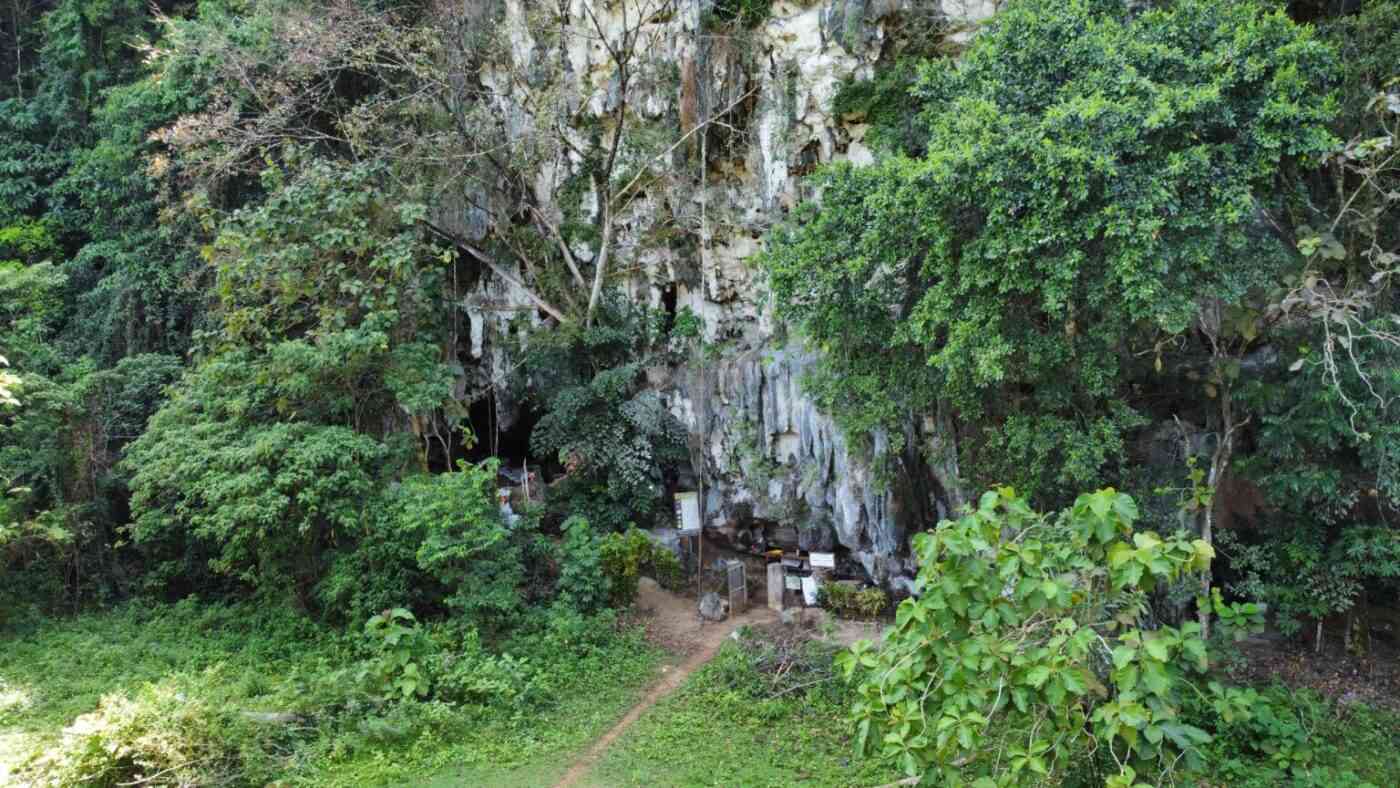
Zmień tryb na ciemny